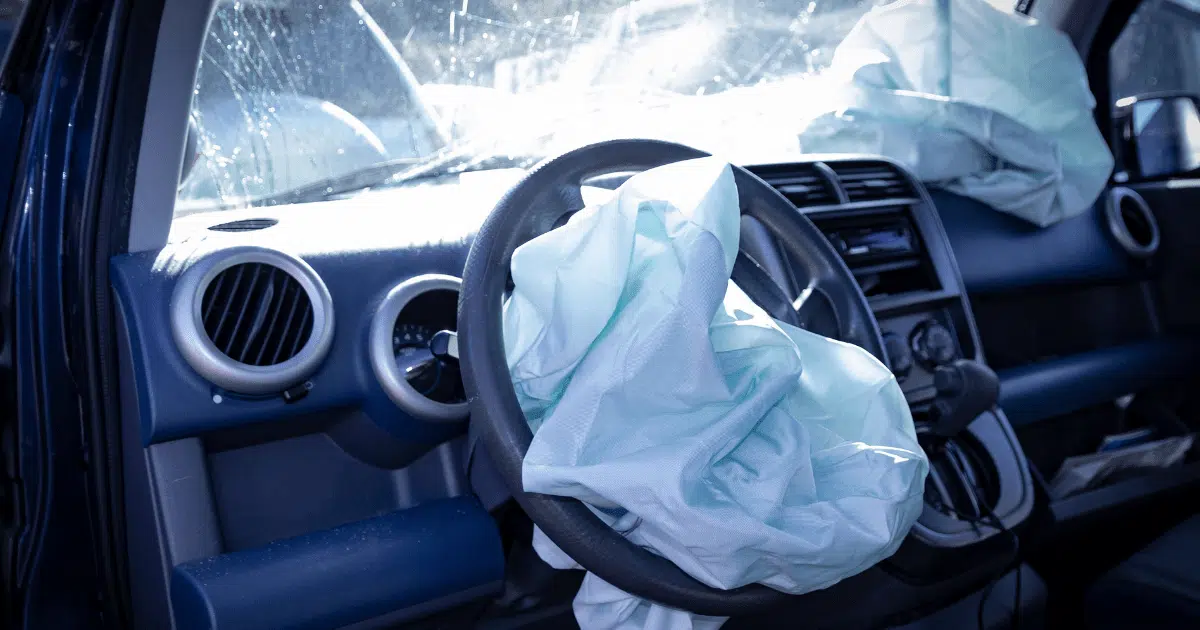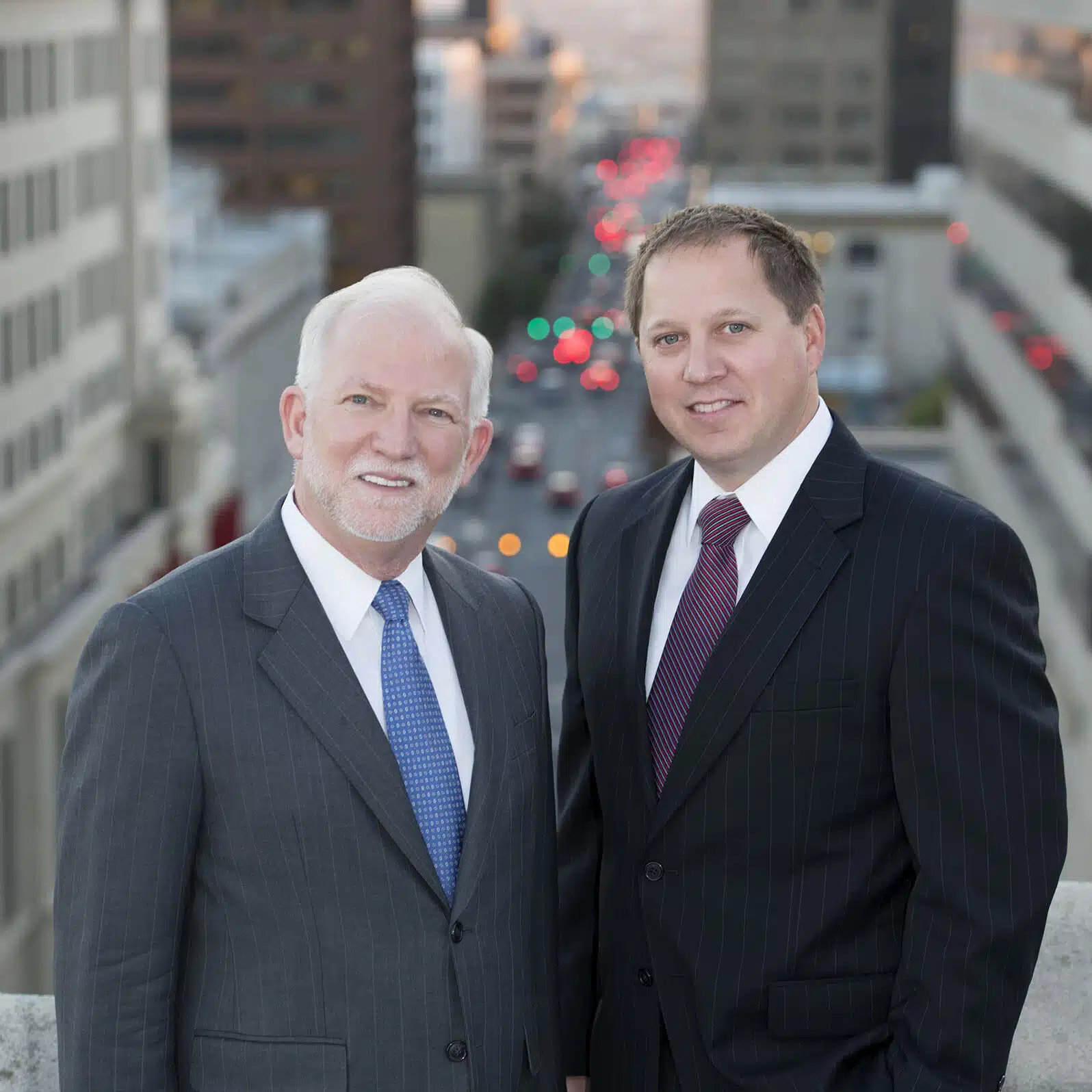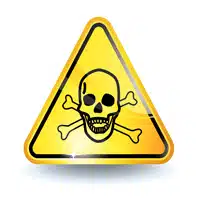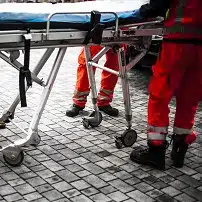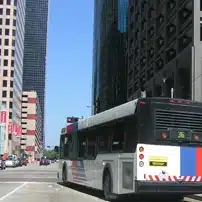By insurance standards, a car is deemed to be a total loss if the cost to repair the vehicle is more than its value. Generally, this is when repairs are estimated to cost 70 to 80 percent of what the car is worth. A vehicle may also be declared totaled if it is deemed irreparably unsafe, or the extent of the damage is considered a total loss under state regulations. After a serious car accident, the insurance company must determine the actual cash value of your car to be able to decide if it is a total loss. If you get in an accident that completely wrecks your car, you should take the following steps:
- Contact your insurance to start the claims process. The insurance company has to decide whether to repair your car, replace it, or declare it a total loss and reimburse you for the car’s actual cash value. The process to declare a car totaled can take some time, so do not delay. You will not necessarily know right away if the damage is considered a total loss, which is why it is important to file a claim as soon as possible.
- Take your car to a body shop approved by your insurance company. This can save you time and headaches from having to change mechanics during the process. Insurers like to work with shops with whom they have a good relationship, and the body shop’s job will be to assess the damage to your vehicle and the cost of repairs. The insurance will review their estimate, keeping in mind that often as cars undergo repairs more damage is discovered, and decide whether your car can be declared a total loss.
- Be prepared with the right documents. You will need the title and sales receipt to prove the value of your car. If you are leasing the car or making payments on it, then the title will be with the lessor or lender. It is also a good idea to do some research on what your car was worth at the time it was totaled. This can be done through resources, like the Kelley Blue Book, or by comparing the prices of similar cars in your area.
How Is the Actual Cash Value of My Car Determined?
The insurer will look at various factors, such as the make and model of the car, major options the car featured, how old it is, how much mileage is on the car, the resale value, and the overall condition at the time of the crash. After considering all of this information, they will decide on the vehicle’s actual cash value and offer you that amount minus any deductible on your policy. This is where your research on your car’s value comes in; it will help you evaluate whether the offer from the insurance company is fair and reasonable.
How Does My Insurance Protect Me After My Car Is Totaled in an Accident?
If you are involved in an accident caused by the negligence of another driver and your car gets totaled, the other driver’s insurance has to pay you the value of your car through their property damage liability coverage. However, if you have the bad luck to be hit by an uninsured/underinsured driver, then your own insurance kicks in to cover your losses. It is a good idea to periodically review your insurance policy and really understand what you are paying for and your liabilities should you be involved in a serious accident.
The two kinds of auto insurance are comprehensive and collision coverage. Comprehensive insurance covers all types of unexpected events other than collisions, such as fires, hitting a deer, or someone stealing your vehicle. Collision insurance is optional except for cars that are leased and can be quite expensive in some states. This supplemental insurance covers damage to your vehicle regardless of who caused the accident.
If your car is totaled after an accident caused by another driver, their insurance should pay damages up to the limit of the policy, and then your comprehensive and/or collision coverage kicks in, minus the deductible. If your car was being financed, then it is possible that after the insurance payment you may still owe money to your lender and that comes out of your pocket. There is insurance to cover this gap known as loan or lease gap coverage.
Can I Keep My Car After the Insurance Declared it a Total Loss?
There are different reasons why you might want to hold on to your car after it has been declared a total loss, whether it is for the salvageable parts or for sentimental reasons. A number of factors will determine whether keeping it is possible. If you own the car outright, then you have control over the decision, however, if it was leased or you are still paying on a loan, then the lienholder gets to decide because they own the title.
Some states do not allow drivers to keep a totaled car. Other considerations are whether you will be able to get insurance for your salvaged vehicle or if it is even repairable and can pass an inspection.
Wilmington Car Accident Lawyers at Rhoades & Morrow Can Help You After a Serious Car Wreck
Any car accident can be a traumatic experience, but one in which your car was totaled can be particularly overwhelming. Let our experienced Wilmington car accident lawyers at Rhoades & Morrow help you sort out the negotiations. Call us at (302) 427-9500 or contact us online today to schedule a free consultation. We have convenient office locations in Wilmington, Bear, and Milford, Delaware, and we represent clients throughout Middletown, Dover, Milford, Lewes, Rehoboth, Elsmere, and Seaford.

